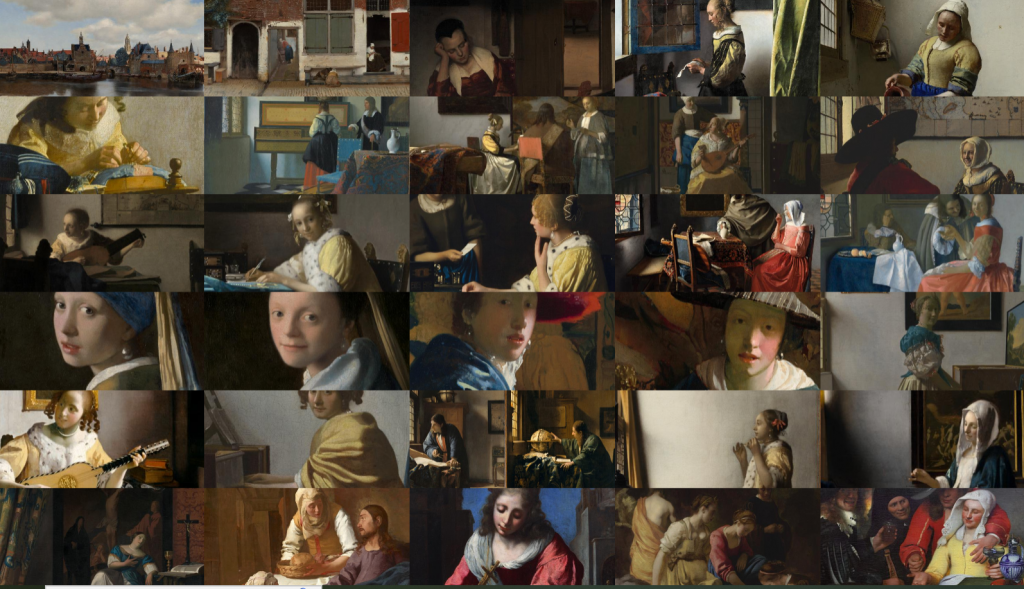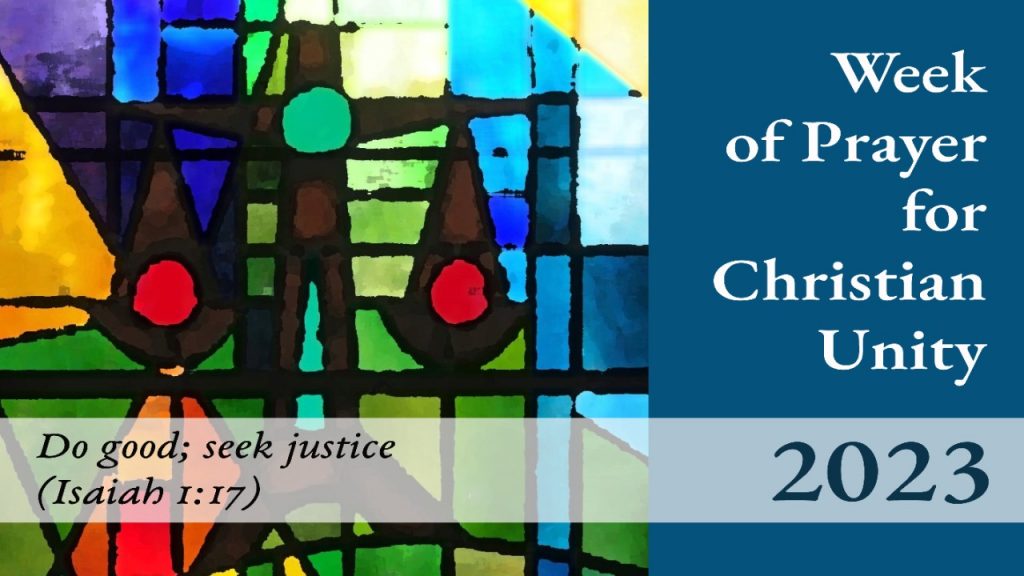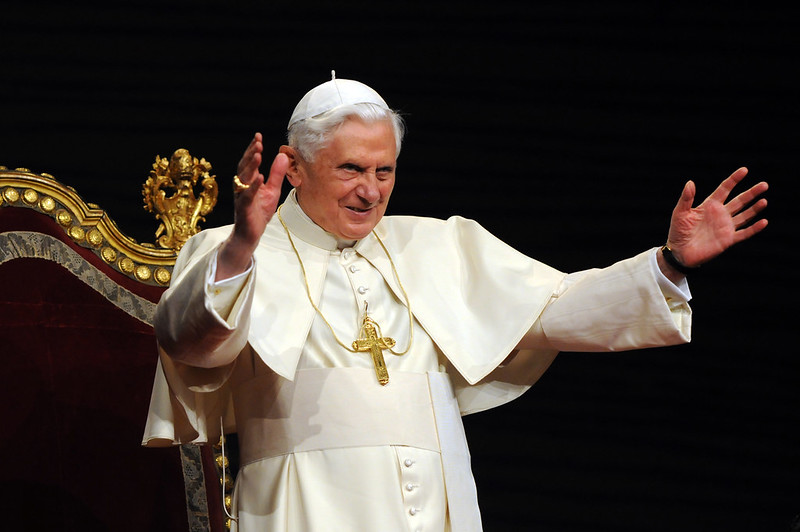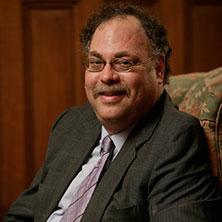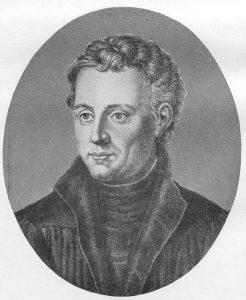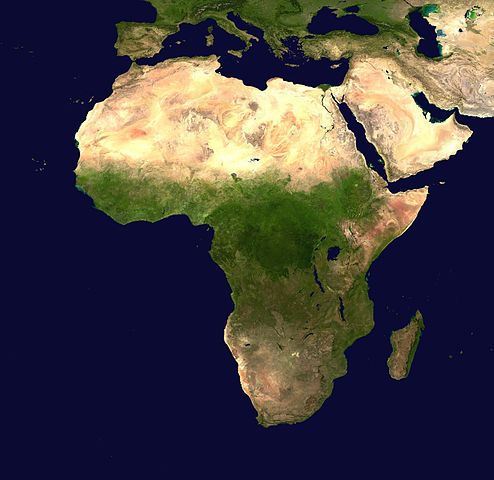
In the Institute of Judaeo-Christian Studies, we have a great interest in the recent visit of Pope Francis in a mission of peace to the Democratic Republic of Congo and South Sudan, which took place January 31 – February 5, 2023 and marks his fifth trip to Africa.
As part of the synodal process, Pope Francis entered into dialogue with Catholics, politicians and ordinary citizens, many of whom have suffered greatly from tribal feuding, war and economic exploitation. Many people have been killed, and millions have been displaced and are grappling to meet basic needs such as food and shelter.
Pope Francis’ apostolic journey was also an ecumenical one as the Church of England’s Archbishop of Canterbury Justin Welby and General Assembly of the Church of Scotland Moderator Iain Greenshields accompanied him. The three Christian leaders highlighted the plea for justice and peace for the Congolese and South Sudanese peoples and joined together with the Christian faithful for an ecumenical prayer service in Juba, South Sudan on February 4.
Pope Francis called for unity during the ecumenical prayer for peace:
“… Dear friends, those who would call themselves Christians must choose which side to take. Those who choose Christ choose peace, always; those who unleash war and violence betray the Lord and deny his Gospel. What Jesus teaches us is clear: we are to love everyone, since everyone is loved as a child of our common Father in heaven. The love of Christians is not only for those close to us, but for everyone, for in Jesus each person is our neighbour, our brother or sister – even our enemies (cf. Mt 5: 38-48). How much more true is this of those who are members of the same people, albeit belonging to different ethnic groups. ‘That you love one another as I have loved you’ (Jn 15:12): that is Jesus’ commandment, and it contradicts every ‘tribal’ understanding of religion. ‘That they may all be one’ (Jn 17:21). That is Jesus’ heartfelt prayer to the Father for all of us who believe.
Let us work together, brothers and sisters, to foster this fraternal unity among ourselves as Christians, and help to bring the message of peace to society by spreading Jesus’ way of non-violence. Those who claim to be believers should have nothing more to do with a culture based on the spirit of vengeance. The Gospel must not be just a beautiful religious philosophy, but a prophecy that becomes reality in history. Let us work for peace by weaving and mending, not by cutting or tearing. Let us follow Jesus, and in following him, let us walk together on the path to peace (cf. Lk 1:79).
… Dear friends, my brothers and I have come, together, as pilgrims to be with you, the holy people of God, on your journey. Even if distance separates us physically, we always remain close to you. Let us set out each day by praying for one another, by working together as witnesses and mediators of the peace of Jesus, and by persevering in the same journey by our practical acts of charity and unity. In all things, let us love one another constantly and from the heart (cf. 1 Pet 1:22).” (“Ecumenical Prayer,” “John Garang” Mausoleum [Juba] Saturday, 4 February 2023)
May this call for justice and the good of all lead to a resolution of the conflicts that have destroyed or uprooted countless lives over the decades!
I would like to note that February 4, 2023 also commemorated the Third International Day of Human Fraternity and the presentation of the annual Zayed Award for Human Fraternity. It was the occasion for a video message that recalled the visits of Pope Francis to Abu Dhabi and Iraq and the historic meeting between the Holy Father and the Grand Imam of Al-Azhar, Ahmed Al-Tayyeb, during which they co-signed the “Document on Human Fraternity for World Peace and Living Together”.
This year the Zayed Award for Human Fraternity chose the Community of Sant’Egidio in Rome and Mrs. Shamsa Abubakar Fedhil, secretary of the Mombasa Women of Faith Network in Kenya, as co-honorees of the 2023 award. “Now in its fourth edition, the award recognizes honorees from around the world for their contributions to building a more peaceful, and compassionate world based on the values of human fraternity.” (https://zayedaward.org/en)
Congratulations to both for their work on peacebuilding!
We invite all to peruse the text of Pope Francis’ message on this occasion.
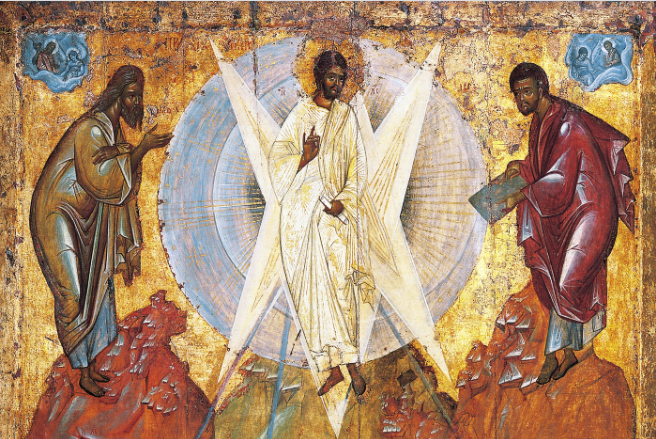
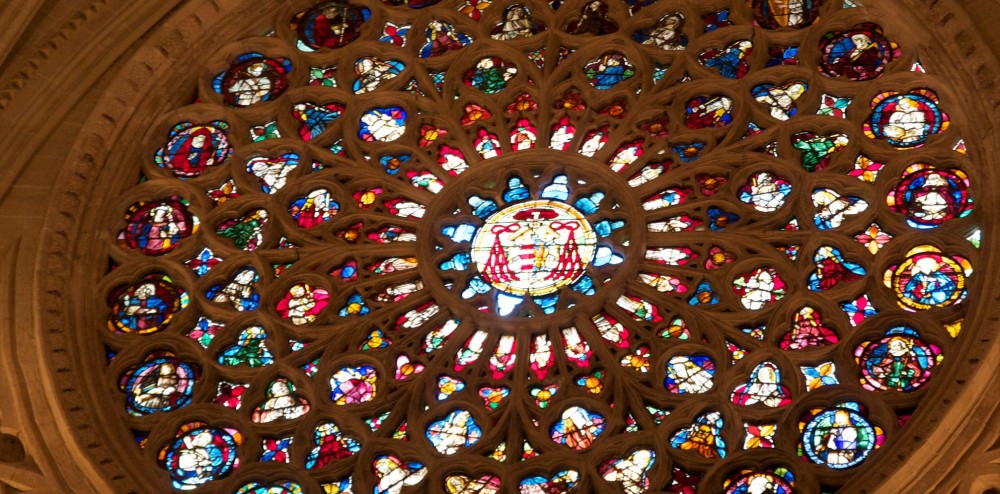
 With sadness I learned that a friend from the early years of my work in Edmonton Alberta, Franklin Henderson, has passed from this world. However, I imagine that both he and his wife Ruth are marveling to be part of the Heavenly Liturgy!
With sadness I learned that a friend from the early years of my work in Edmonton Alberta, Franklin Henderson, has passed from this world. However, I imagine that both he and his wife Ruth are marveling to be part of the Heavenly Liturgy!
